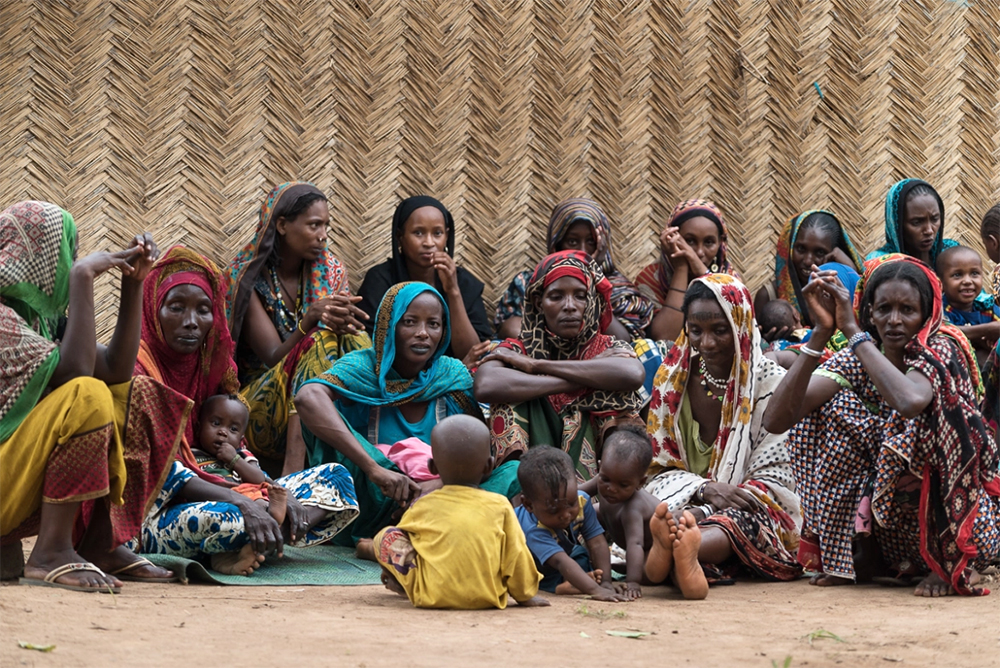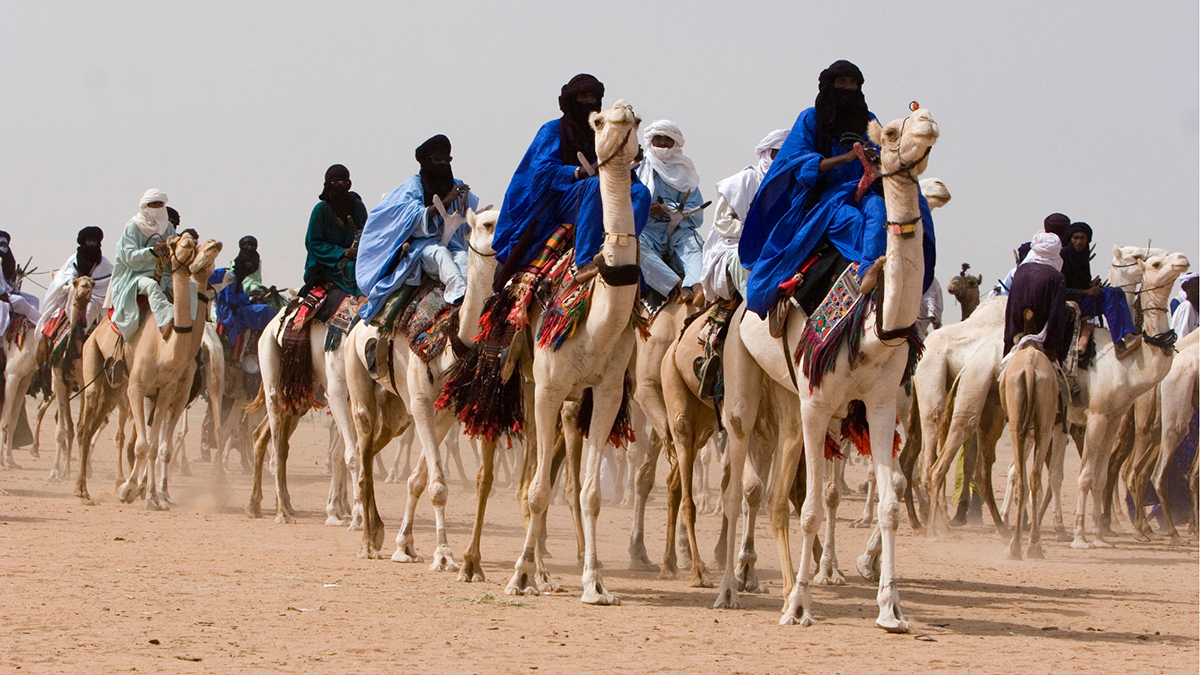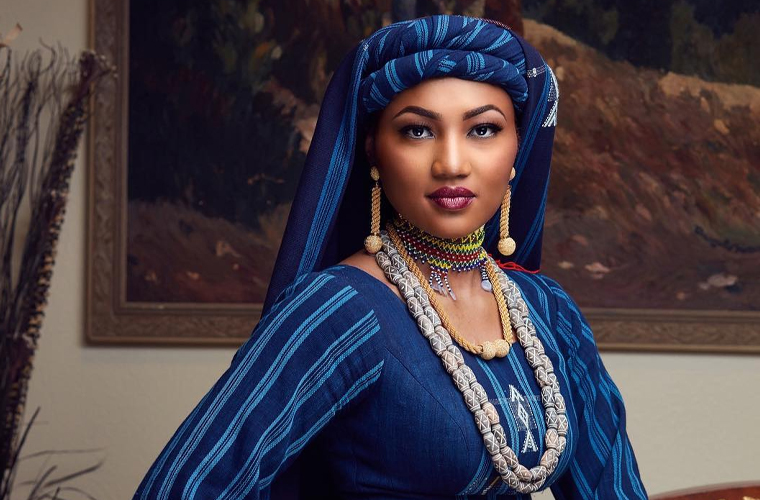The Fula, also known as Fulani or Peul, are an ethnic group spread across several countries in West and Central Africa, including Senegal, Guinea, Mali, Niger, Nigeria, Cameroon, and others. They are one of the largest ethnic groups in the Sahel region and are known for their nomadic or semi-nomadic pastoralist lifestyle, as well as their influence in various spheres, including culture, politics, and commerce.
The Fula people have a distinct language called Fula or Fulfulde, which belongs to the Niger-Congo language family. However, due to their widespread presence in different countries, they often speak the local languages of the regions they inhabit, such as Wolof, Hausa, or Arabic, in addition to their native language.
Traditionally, the Fula were primarily cattle herders, and their livelihood depended on the rearing of livestock, particularly cattle, goats, and sheep. They are known for their skill in animal husbandry, and their nomadic lifestyle allowed them to move their herds in search of pasture and water.

In addition to their pastoralist activities, the Fula also engage in other occupations, such as agriculture, trade, and, more recently, various professions and educational pursuits. Many Fula have settled in urban areas and have become involved in business, politics, academia, and other sectors.
The Fula have a rich cultural heritage and are known for their distinctive attire, which often includes flowing robes, colorful fabrics, and elaborate jewelry. They also have a strong tradition of oral history and storytelling, with griots (praise singers) playing a significant role in preserving and transmitting their history and cultural values through music and poetry.
The Fula have had a significant impact on the history and politics of the regions they inhabit. In some countries, they have formed influential ruling classes, such as the Fulani caliphates that emerged in the 19th century in what is now northern Nigeria and central Mali. These caliphates, led by Fulani leaders, had considerable territorial control and exerted their influence over a wide range of ethnic groups.

It is important to note that while the Fula are a diverse group with various subgroups and regional variations, they share a common cultural and linguistic heritage. However, their experiences and ways of life can differ depending on the specific country and region they are from.
Today, the Fula continue to play significant roles in the social, economic, and political spheres of the countries where they reside. They contribute to the cultural diversity of the region and continue to maintain their cultural traditions while adapting to the changing world around them.

